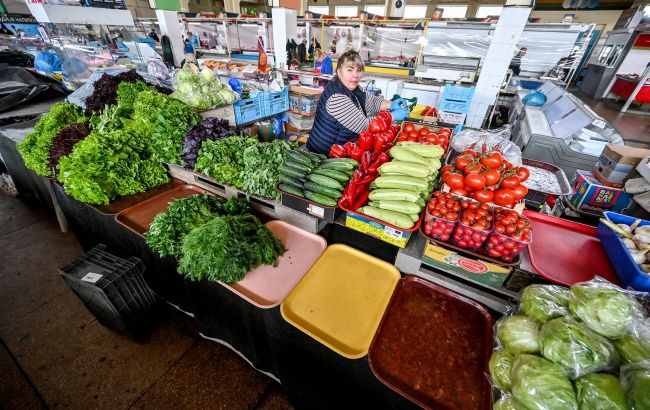6 healthiest vegetables everyone should eat
 Illustrative photo (Getty Images)
Illustrative photo (Getty Images)
While all vegetables are very healthy, some are more nutritious than others. If you want to enhance your diet with nutrient-rich vegetables, try adding spinach, broccoli, garlic, beets, and others to your menu, according to HealthLine.
Most nutritious vegetables
Spinach
Spinach tops the list as one of the most nutrient-dense vegetables. This is because 1 cup (30 grams) of raw spinach provides 16% of the daily value (DV) for vitamin A plus 120% DV for vitamin K, and contains only 7 calories!
Spinach is also packed with antioxidants that may help reduce the risk of diseases such as cancer.
Carrots
Carrots are rich in vitamin A. They also contain nutrients such as vitamin C and potassium. The vegetable contains beta-carotene, an antioxidant that gives it a bright orange color. Your body converts it into vitamin A.
A study involving over 57,000 people found that consuming at least 2-4 carrots a week reduces the risk of colorectal cancer by 17% in the long term.
Broccoli
Just 1 cup (91 g) of raw broccoli provides 77% DV for vitamin K, 90% DV for vitamin C, as well as a good amount of folate, manganese, and potassium. Broccoli is rich in a sulfur-containing plant compound called glucosinolate, as well as its byproduct sulforaphane. This can help protect against cancer and reduce inflammation associated with chronic heart diseases and others.
Garlic
Garlic is highly nutritious yet low in calories, and most people usually consume small amounts as a cooking ingredient. One clove of garlic contains only about 4.5 calories. It also contains nutrients such as selenium, vitamin C, vitamin B6, and fiber.
Garlic has been used as a medicinal plant for thousands of years. Its main active compound is allicin, which has been found to help improve blood sugar levels and heart health.
Studies also show that allicin has powerful anti-cancer properties.
Brussels sprouts
This vegetable is an excellent source of fiber, an important nutrient that supports bowel regularity, heart health, and blood sugar control. Each serving also contains folate, magnesium, and potassium, as well as vitamins A, C, and K.
Brussels sprouts contain kaempferol, an antioxidant that may be particularly effective in preventing cell damage.
Kaempferol has anti-inflammatory and anti-cancer properties, which may protect against diseases.
Green peas
Peas are a starchy vegetable, meaning they contain more carbs and calories than non-starchy vegetables and can affect blood sugar levels if consumed in large amounts.
Nonetheless, just 1 cup (160 g) contains 9 g of fiber, 9 g of protein, and vitamins A, C, and K, as well as riboflavin, thiamine, niacin, and folate.
Due to their high fiber content, peas support digestive health by promoting the activity of beneficial gut bacteria.
This material is for informational purposes only and should not be used for medical diagnosis or self-treatment. Our goal is to provide readers with accurate information about symptoms, causes, and methods of detecting diseases. RBС-Ukraine is not responsible for any diagnoses that readers may make based on materials from the resource. We do not recommend self-treatment and advise consulting a doctor in case of any health concerns.

